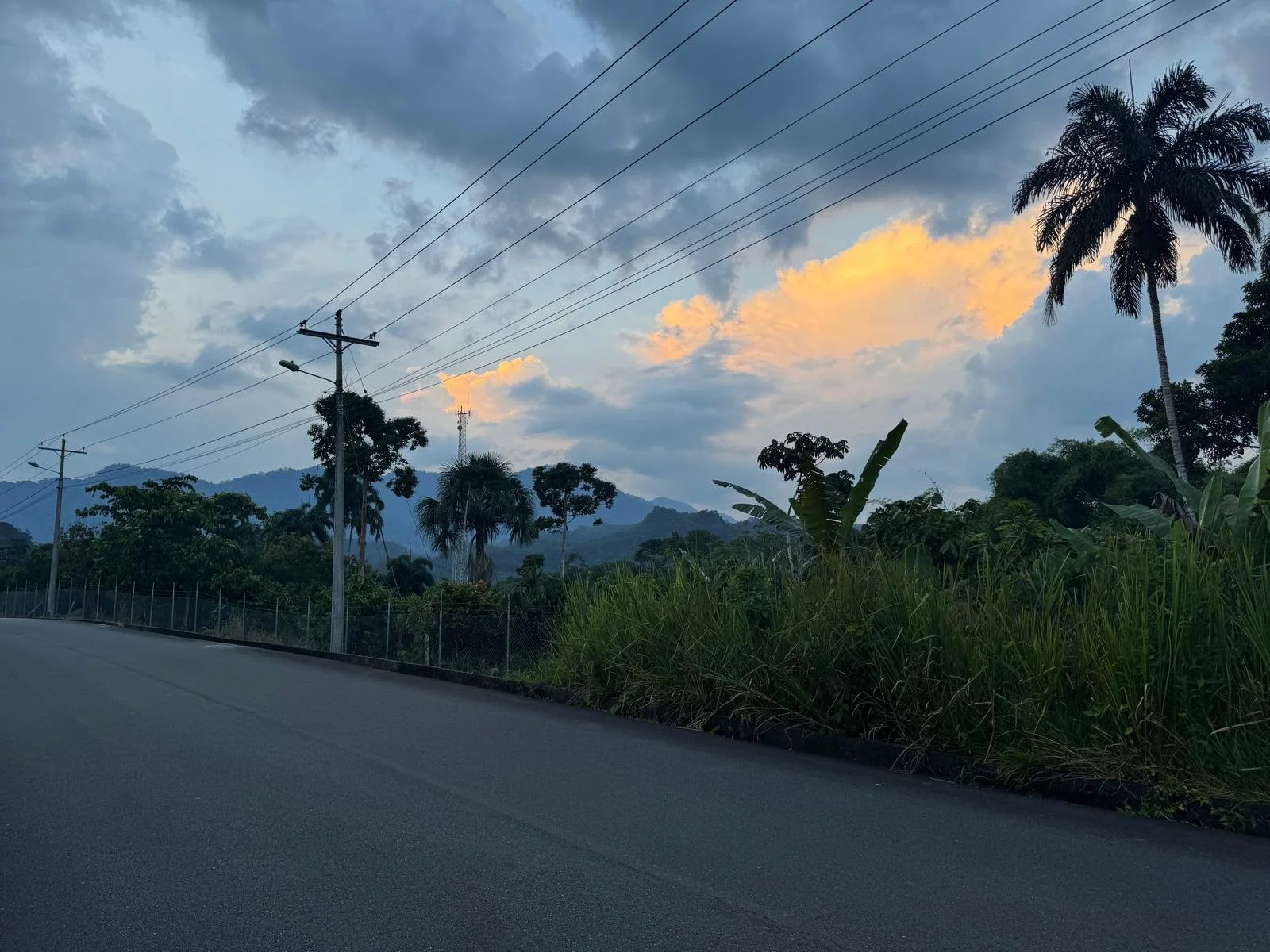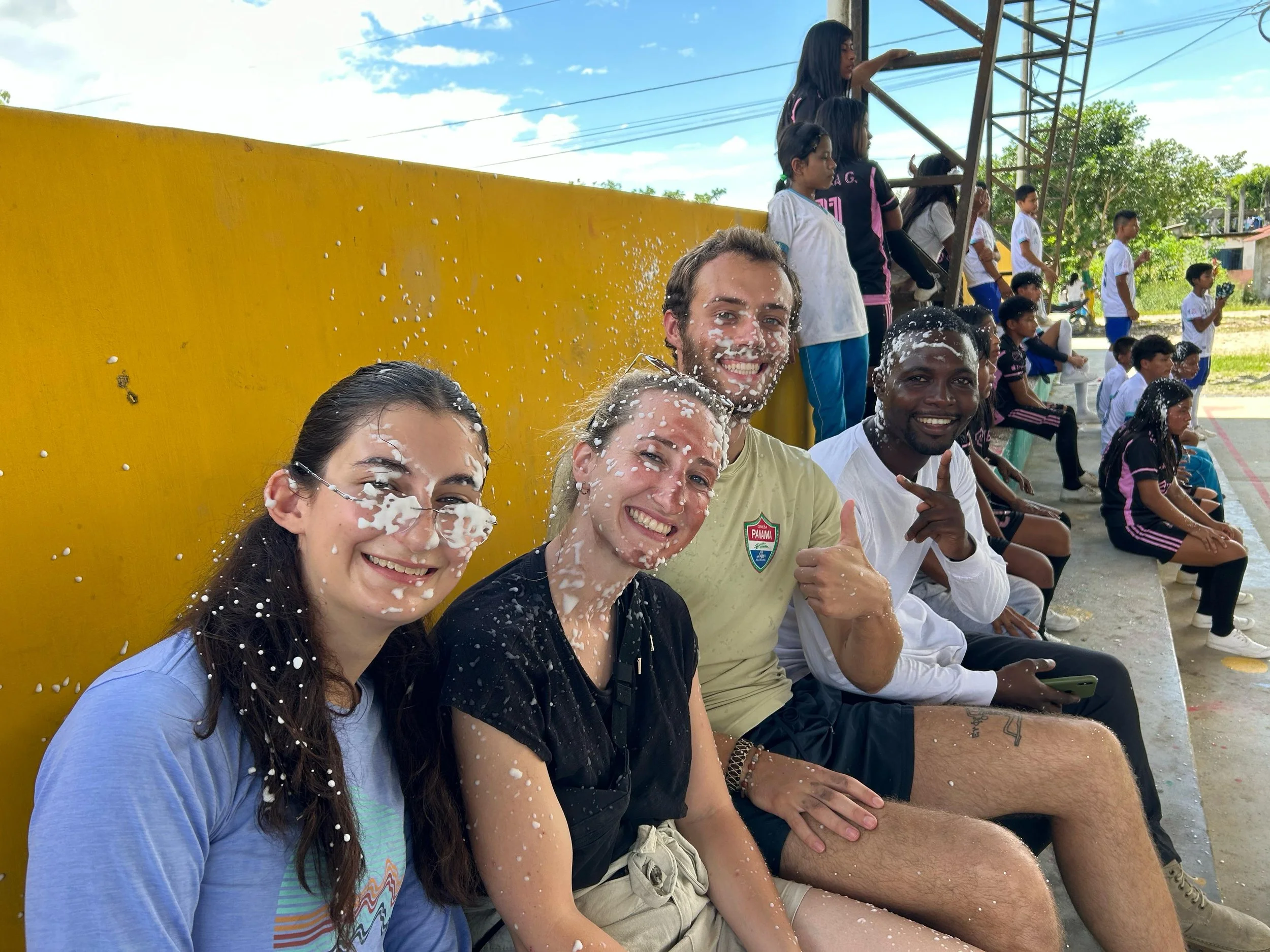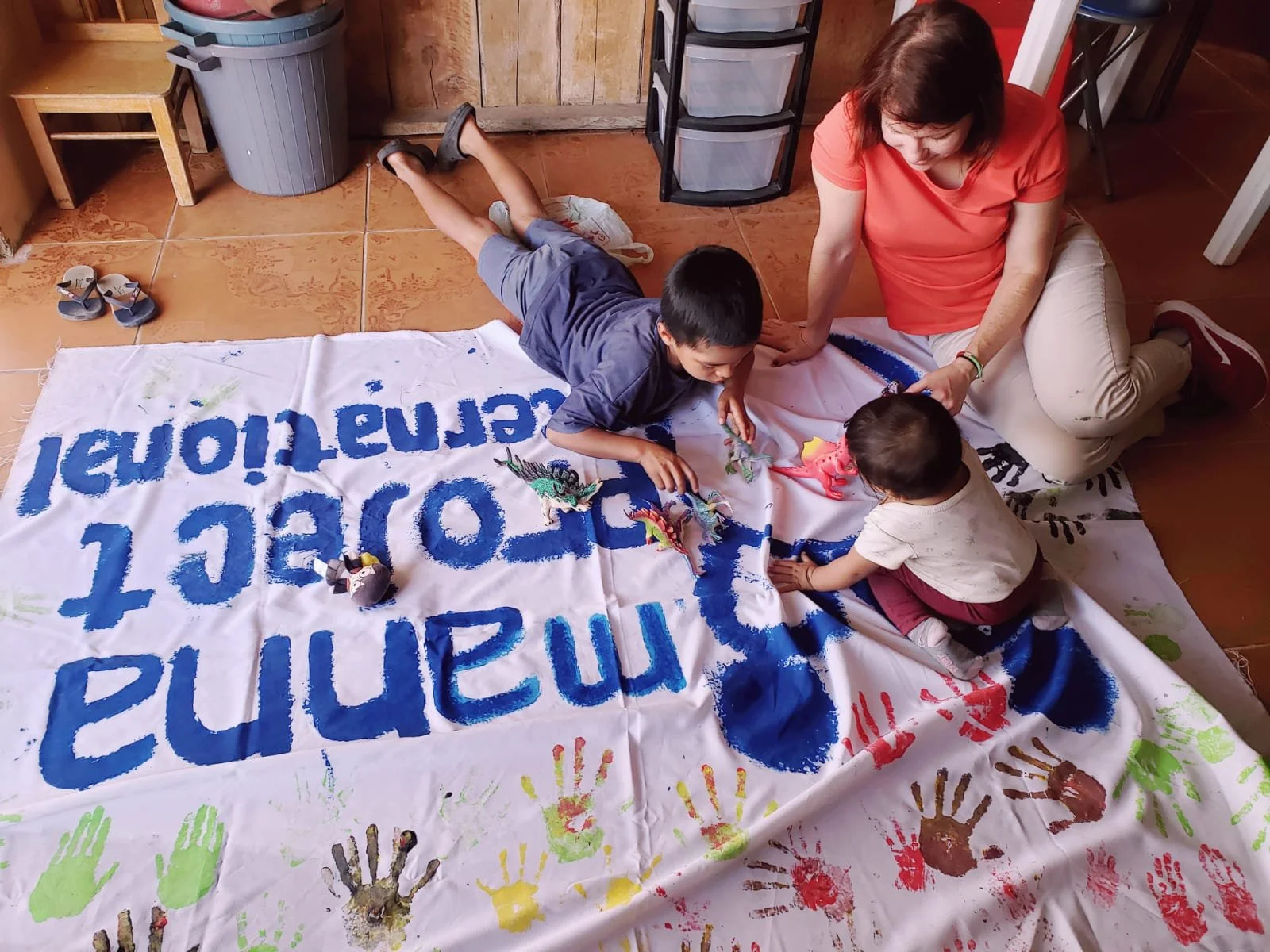Pertaining to numero uno, developing countries' fuel emissions are not to be blamed for the world's global warming threat. We all know that the blame falls on industry, and most heavily on developed country industry. With that said, I have nothing more to add.
Numero dos can be easily answered with a single personal trivia question and an imagine thyself scenary.
Personal Trivia question:
A) When on a bus, would you be the person that runs and elbows an elderly man, or a pregnant woman, for the one and only seat? or
B) Would you be that person that renders the competition moral-less, and willingly gives up your seat to anyone that looks a little worse off than you feel?
Either way, once panting in your seat or squished and standing unpleasantly between an excess of people, you'll have plenty of time to comtemplate just what type of person you are, and maybe even the person you'd like to become.
Now, imagine sitting in traffic, but not having to drive. Why be behind the wheel, when you can be day dreaming into the distance at the Andes mountains? Or, while more consciously pondering your life. Just think of how much more dreaming and scheming you could do in your lifetime in window seat, row 16.
Lastly, the bus is a petri dish for cultural insight. For many, the bus can be the most intimate cultural experience they'll have. Here are some cutlural norms that the buses teach us and some of the questions that arise:
1. Machismo: 9 out of 10 (this is my personal observation) young men use gel in such that put their female counterparts hairdos to shame. What are some of the differences between how manhood is defined in Ecuador versus back home?
2. Heavy making out: It's not a private affair, and is totally acceptable on a public and inescapable place like the bus. Is this due to the fact that there's very limited personal space and alone time, anywhere, including in people's homes?
3. Breastfeeding: It's beautiful to be in a country where breastfeeding is actually viewed as a natural and needed process that a woman can do it anywhere she wants, including on a speedy and bumpy bus, all the while chitchatting with her brother. How does this speak to women's roles and their place in Ecuadorian society?
4. Informal employment: On your way into Quito, you will most likely experience the vendedor ambulante, or person that will get on the bus to sell you pens, candies, hangers, natural healing teas, etc. This may be a shock at first as you question whether it's possible for the vender, often a child, to make a living selling candies for $.25. Venders get on the bus hoping to make money, and get off without paying the fare. Despite the fact that the vendors represent one of the lowest economic classes in the country, there is a level of respect paid to them by both the bus driver (by permitting them on the bus) and riders (by window shopping their product). More often than not while on the bus you find yourself witnessing the interactions between Ecuadorian social-economic classes, and experiencing how social justice is played out in small, daily ways.
The bus is like a sacred place (possibly the only one on wheels), of self and cultural reflection. It's the daydreaming, the people watching, and the changing of scenery that teach us so much about ourselves and Ecuador."








